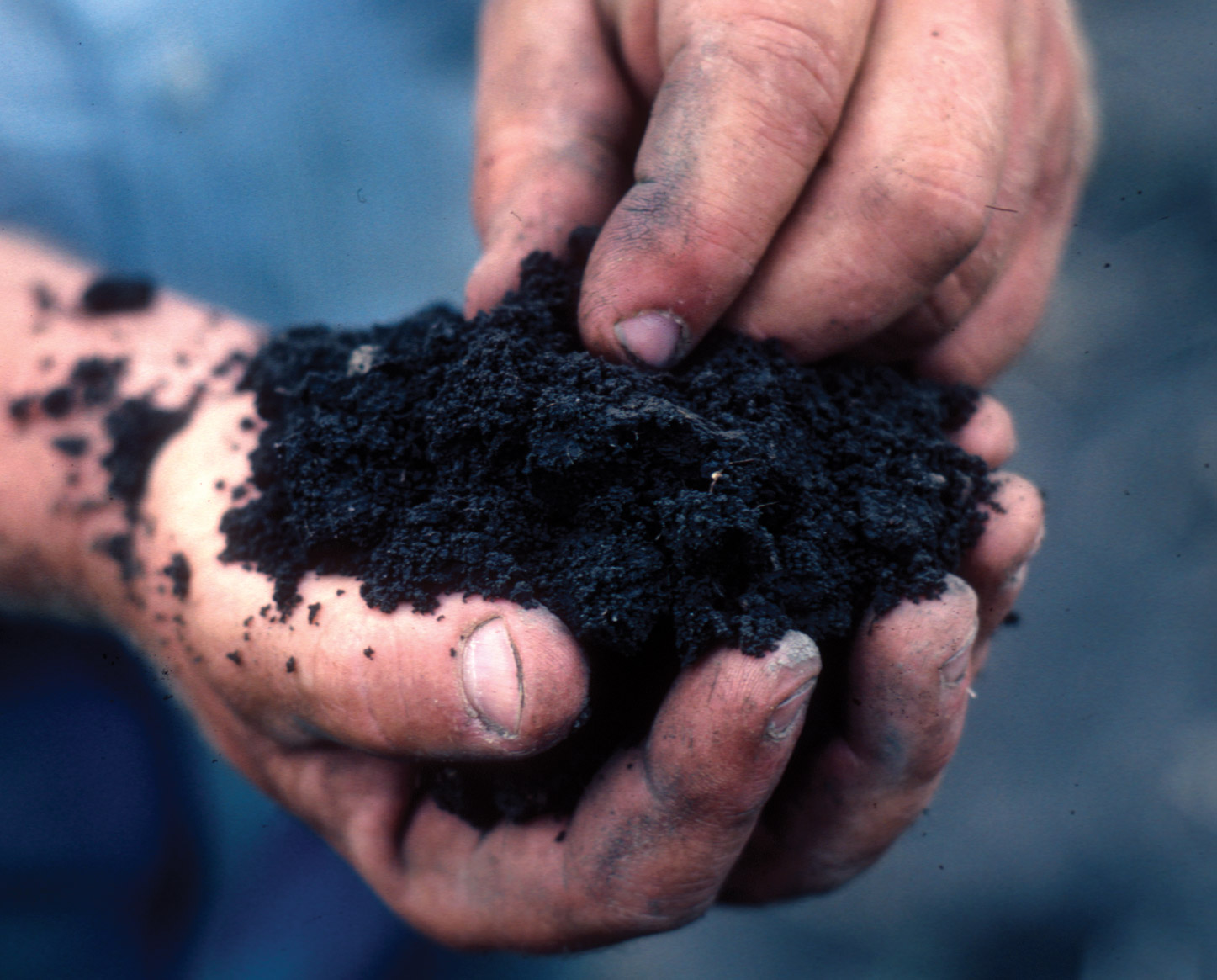
Save Our Soils
The U.N. Food and Agriculture Organization (FAO) has named 2015 the International Year of Soils. Soil is one of the earth’s most valuable natural resources, and Food Tank recently discussed the importance of saving this vital resource with Michaël Wilde from the Save Our Soils campaign.
Food Tank (FT): What is the importance of the International Year of Soils?
Michaël Wilde (MW): The International Year of Soils, initiated by the FAO, is extremely important because it gives us a stage to inform the media and the public about how important soil is for our planet. http://www.fao.org/soils-2015/en/
July 24, 2015 | Source: Food Tank | by Caitlin Troutt
The U.N. Food and Agriculture Organization (FAO) has named 2015 the International Year of Soils. Soil is one of the earth’s most valuable natural resources, and Food Tank recently discussed the importance of saving this vital resource with Michaël Wilde from the Save Our Soils campaign.
Food Tank (FT): What is the importance of the International Year of Soils?
Michaël Wilde (MW): The International Year of Soils, initiated by the FAO, is extremely important because it gives us a stage to inform the media and the public about how important soil is for our planet. The European Union refers to Soil as one of the earth’s most important yet most neglected resources, so we really need to grab this opportunity to let everyone know about the soil crisis and also about the Soilutions!
FT: How much soil is being lost?
MW: Every minute we lose the equivalent of thirty soccer fields of soil. As a result, we are losing 10 million hectares of farmland every year. Furthermore, it is estimated that one-quarter of the earth’s soils are highly degraded.
FT: What is causing soil degradation?
MW: Erosion is the most common form of soil degradation. When soil is left exposed to wind and rain, erosion occurs. Soils with low organic matter content will erode more easily. These soils are less able to retain water and can, therefore, be easily washed or blown away by the wind. Agriculture is responsible for three-quarters of the erosion worldwide. The erosion takes place due to poor treatment of the soil and frequent removal of the vegetation. Because of these practices, erosion on farmland is estimated to be 75 times bigger than natural erosion in forest areas. Deforestation and urbanization are also responsible for the current soil loss and degradation.
FT: What impact can soil degradation have on food security, climate, and public health?
MW: Considering that more than 95 percent of our food comes directly and indirectly from the soil, the impact on food security is huge. Furthermore, soils play a massively important role when it comes to sequestering carbon. When we destroy the soil, we not only destroy this carbon sink, but also release the CO2 into the atmosphere. Water is another issue; healthy soils have an important water-holding and filtration function, and we lose that when we lose soils. Climate change, food security and water impact public health so you can clearly conclude that soils play a massively important role when it comes to public health.
FT: Most consumers don’t think about soil as they’re doing their grocery shopping. How does the Save Our Soils campaign plan to raise consumer awareness about the importance of soil?
MW: With our partners, we are looking at all kinds of clever, fun ways to reach the consumer. We share Anna Lappe’s message: every time you enter a store, you are casting a vote for the kind of world you want. We want to empower consumers to make informed decisions and to choose soil-friendly products. Through great organizations like Food Tank, Oxfam Novib and the Organic Consumer Association, and their many followers, we hope to raise awareness which in turn will lead to many many more farmers switching to sustainable, soil-friendly farming practices. On the other side, we hope and expect that a large movement will help politicians to develop policies that promote sustainable farming practices and hinder further soil destruction.
